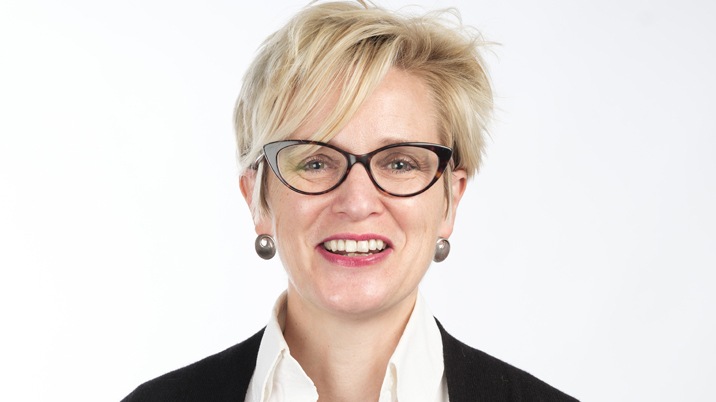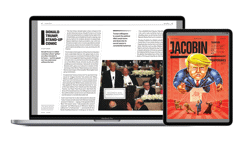
In academic publishing, risk and opportunity are intrinsically linked. As information becomes more shareable and accessible, audiences worldwide experience huge opportunities for learning and problem-solving, while grappling with an explosion in misinformation: from anti-vax myths to political falsehoods.
This makes the role of academic publishers more important than ever, providing a reliable source of trustworthy information while facilitating access to, and sharing of, knowledge and understanding. In the wake of a pandemic that has only accelerated both the uptake of digital technology and the spread of misinformation, such a service is indispensable.
To continue providing that service, we need to adapt – more than that, we need to reimagine – what we do in the digital age. If not, the risks are that critical elements of academic publishing become commercially unsustainable or that we are seen as irrelevant, or a block to the dissemination of knowledge – the polar opposite of our core purpose.
On a practical, day-to-day level, we all need to find sustainable ways of doing things like enabling open access, both for research articles and books; creating and curating platforms that promote open research and collaboration; providing easy, affordable, digital access to educational materials for those in higher education; and embracing technologies that can improve and enhance the learner experience, such as artificial intelligence, adaptive learning or augmented reality.
More fundamentally, this requires a culture of innovation and of deep connection to the customers and communities we serve. That in turn requires having organisations that properly reflect society, and which can attract and retain the best and brightest from all backgrounds.
Increasing and embracing diversity and inclusion is central to overcoming the risks and making the most of the opportunities facing academic publishing. Not just in who we welcome as colleagues, but in what and who we publish. Only then can we attract and retain the brightest and the best, continue to innovate, keep the trust of customers and communities, and provide that most vital of services: knowledge.
Hand-in-hand with the need for equity, diversity, inclusion and belonging, goes the need for our industry to be sustainable, in the widest sense of the word. The issues and problems that academic publishing seeks to address are universal. They include the pandemic, global mental health, climate change and environmental degradation. We need to encourage, connect and amplify global voices. We also need to do all we can to ensure our operations do not contribute to the pressures on our planet.
These are not small challenges, especially at a time of global economic issues, and come with big risks. But they also provide opportunities for the whole industry to step up and to be seen as providers of positive solutions.
This article was first published in the Publishing Partners Guide (PPG) 2023, which is published and distributed by InPublishing. You can register to receive InPublishing magazine here.










